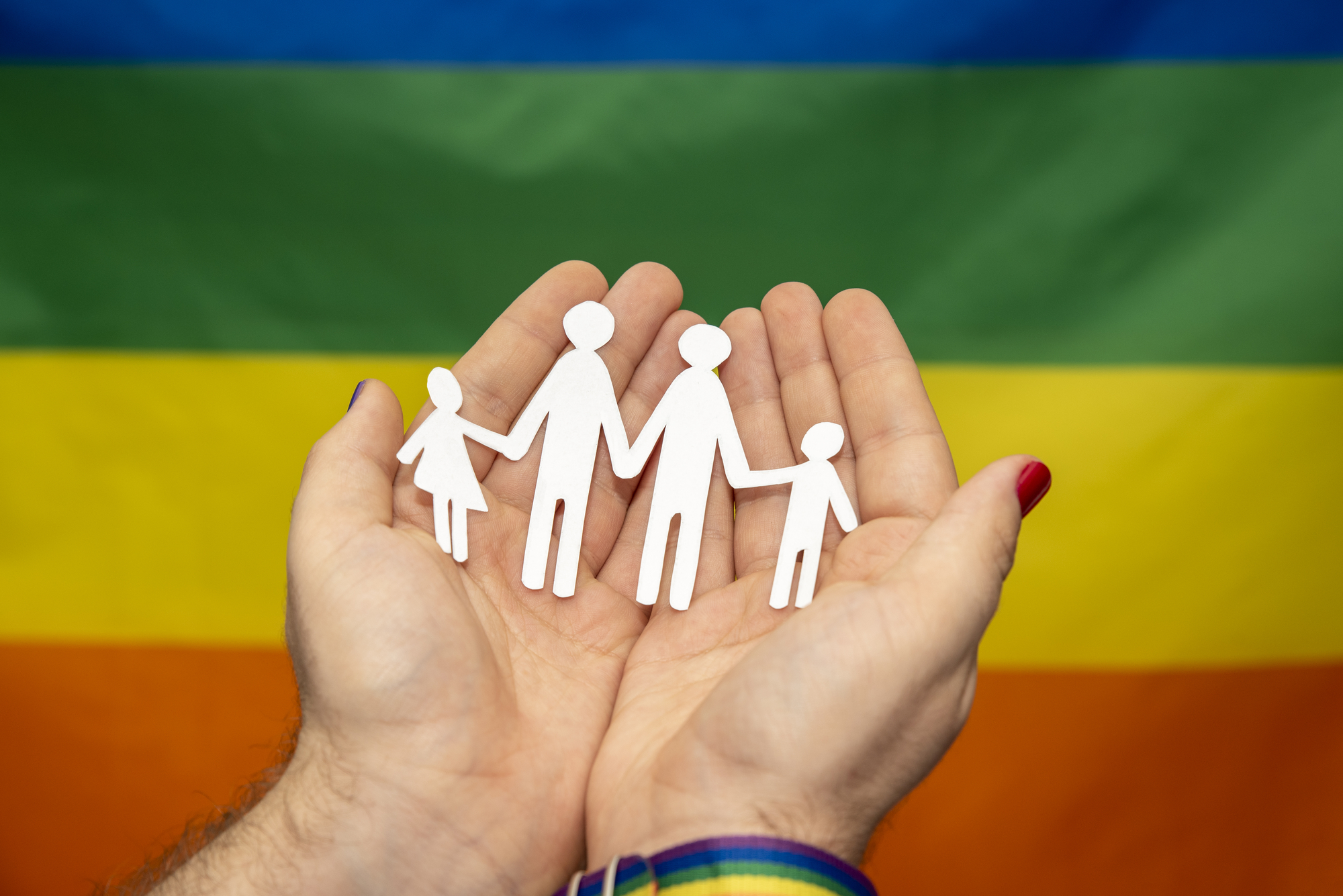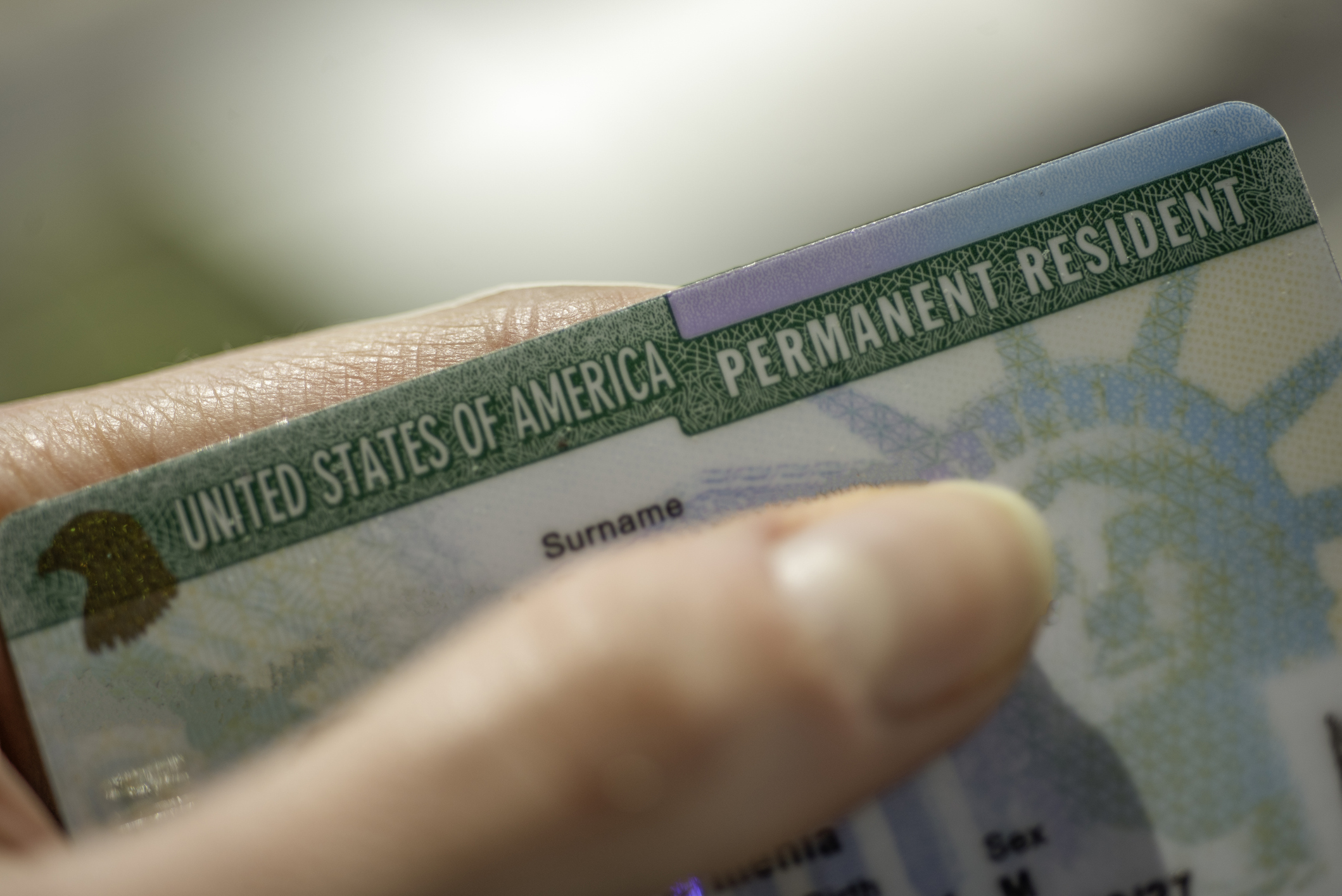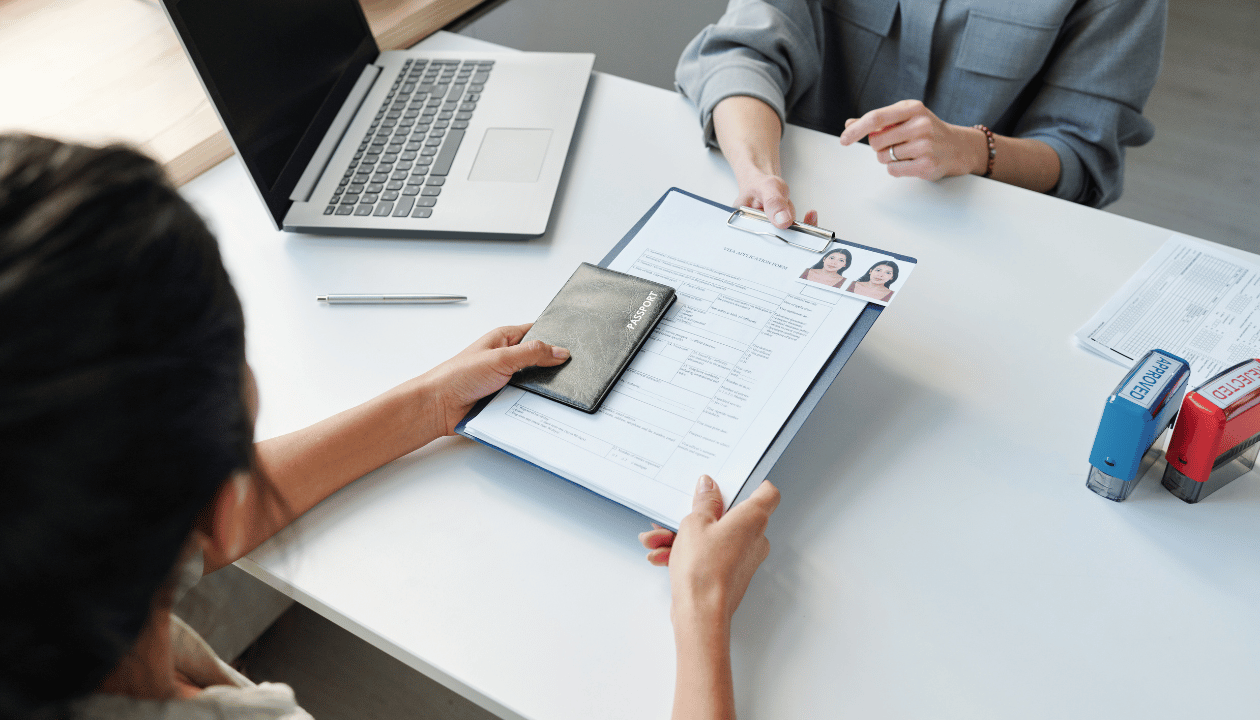What is VAWA?
The Violence Against Women Act (VAWA) is a pathway to obtaining a green card for foreign nationals who have close relationships with United States citizens or green card holders who have suffered abuse at the hands of the individual they are in a relationship with. Many believe the name to be somewhat misleading, as more than just women may benefit from VAWA. Men, children, parents, stepchildren, and the LGBTQ community may also self-petition for VAWA green cards if they meet certain requirements.
VAWA is a special type of immigrant application that allows abused spouses and children of US Citizen or Green Card Holders and parents of United States citizens to get a 10-year Green Card.
Our law firm is dedicated to helping clients with complex immigration cases, including those seeking green cards who are petitioning under VAWA. For legal guidance and assistance in submitting your petition, as well as assistance if your original petition is denied, please contact our law office to schedule an in-depth case evaluation.
How to Qualify for VAWA?
In order to file for VAWA green cards, you must meet the following criteria:
- You must be the spouse or child of a U.S. citizen or green card holder. If you are the abused parent, your child must be a U.S. citizen over the age of 21. If the abused is a child, you must file before the age of 21 unless you meet the exception for a late filing before the age of 25.
- You were the victim of abuse from your spouse or former spouse, parent, or child.
- If based on marriage, you are able to prove that your marriage was a bona fide marriage and that you entered into the marriage in good faith
- Establish that you live with or previously lived with your abuser
- You must be able to prove that you are a person of good moral character
The abuse in question does not have to be physical. It is possible to qualify for VAWA if you have suffered emotional, psychological, sexual, financial, or verbal abuse from a U.S. citizen or green card holder. To learn more, don’t hesitate to get in touch with our law office to schedule a case review today.
What Are Common Reasons for a VAWA Petition Denial?
There are several reasons why the USCIS may reject or deny a self-petition.
Common reasons for a denial of VAWA immigration petitions include:
- Absence of a relationship with the abuser: You must be able to establish that you are or were related to the abuser either via marriage, parentage, or birth and adoption. Without this connection, you may indeed be the victim of abuse, but you may not qualify for a VAWA case
- Compliance with residency requirements: You are required to have lived with your abuser. If you are unable to demonstrate that you have met the residency requirements, your self-petition may be denied.
- Incorrect forms: The type of forms you submit will vary depending on several factors, such as whether you are in removal proceedings, whether you are filing an adjustment of status application as well, or whether you are adding an application for your children to consular process or adjust their status. Submitting the incorrect forms for your case could result in a rejection of your application or a delay in your case. It is strongly recommended that you retain professional legal counsel from an immigration lawyer for assistance
- Incorrect information: Many victims of abuse do not have adequate or correct information regarding their abuser and their status. We recommend retaining professional legal representation from an immigration legal team to help find the information that you need to file your petition properly
- Ineligibility due to background and criminal history: Serious criminal history or prior violations of immigration law could result in your applicants being deemed inadmissible for a VAWA Green card. Drug crimes, certain moral crimes, and fraud may disqualify an applicant
- Invalid marriage: You must be able to establish that your marriage was bonafide and legitimate. If you are unable to provide evidence of a genuine and shared commitment to the relationship with the abuser, you may find your petition denied on the grounds of belief that your marriage was illegitimate. Additionally, if you were previously married, it is extremely important that you properly divorce all previous spouses, and the divorce decree is valid, or your case will be denied.
- Lack of evidence of abuse: You must provide sufficient evidence that a lawful permanent resident or United States citizen abused you. If your application does not include evidence of abuse, not limited to a personal declaration, physical abuse, medical records, police records, and testimonies, your claim could be denied.
- Misrepresenting the facts: It is not in your best interests to misrepresent the facts or any information related to your application. This could be considered fraud. Fraudulent applications will be denied
- Missing key deadlines: There are both appointment deadlines and key filing deadlines that you must meet if you hope for your application to be accepted. Our law firm can help you keep all deadlines in order and ensure that you appear for your appointments on time
- Submitting petitions to the wrong place: It can be confusing knowing where to file your paperwork. Regardless of how strong and convincing your VAWA application may be, if it is submitted to the wrong place, it will be denied. Our law firm can lend legal guidance
Schedule a Consultation with a Compassionate Immigration Attorney Today
If your VAWA application has been denied, you may take several additional steps to appeal the decision or seek a green card by other means. Our immigration legal team has extensive experience representing clients in complex immigration cases, and we would be proud to represent your legal rights as you pursue an adjustment of status and legal permanent residency in the United States.
To learn more about VAWA and how to apply for the program, please get in touch with our Georgia-based law office to schedule your initial consultation today. You can reach us at 678-325-1037 or 678-325-1037.



